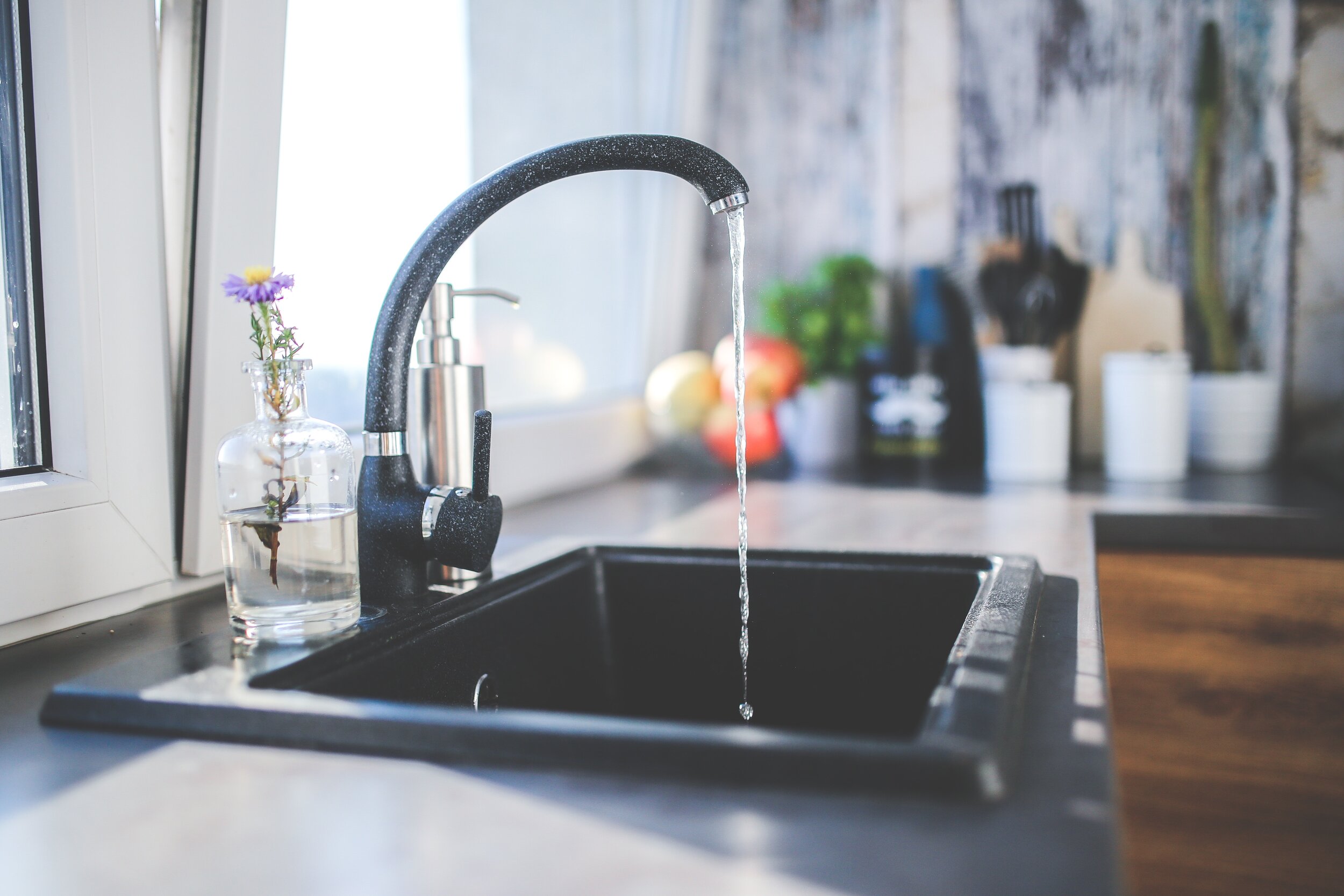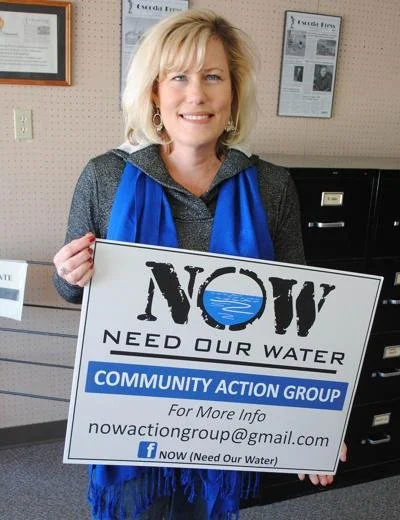
We are on a mission to prevent and clean up toxic PFAS contamination.
WHO WE ARE
The Great Lakes PFAS Action Network is a coalition centered and driven by people impacted by toxic PFAS pollution.
WHAT ARE PFAS?
PFAS is an acronym that stands for Poly- and perfluoroalkyl substances. PFAS are a class of nearly 15,000 synthetic chemicals. Beginning in the 1940’s, PFAS have been used in a variety of industrial products, like stain and water-resistant fabrics, cleaning products, paints, and fire-fighting foams. PFAS are commonly referred to as forever chemicals, because they can take thousands of years to break down. Unfortunately, they are also linked to a wide array of health problems. According to the state of Michigan, there are more than 160 contaminated sites in Michigan, and the drinking water of nearly 2 million Michiganders has been detected to have some level of PFAS.
WHAT WE DO
GLPAN harnesses the collective resources, perspectives and expertise in PFAS impacted-communities, and fuses it with organizations' own resources and expertise. Together, we work to educate decision-makers at the state and federal level, secure funding for large-scale cleanup, and ensure accountability for swift, comprehensive and equitable solutions to PFAS contamination for people across the Great Lakes region.
PFAS contamination has impacted communities across the Great Lakes region. In Michigan alone, nearly 2 million residents, in communities from Traverse City to Rockford, Parchment, Oscoda and Ann Arbor, have PFAS contamination in their drinking water. GLPAN strives to bring impacted communities together to raise awareness and find solutions for toxic PFAS contamination happening across the region.
GLPAN provides tools and resources for communities grappling with PFAS contamination from top PFAS experts. These communities are empowered to hold polluters responsible and seek cleanup solutions for the contamination.
HOW TO JOIN
Join GLPAN as a member, become a community leader, and share with your friends and family to spread the word.
BACKGROUND
Over the past decade, it has become increasingly clear that a dangerous class of chemicals called PFAS — which are used in everything from furniture, clothing and cookware to food packaging, child car seats and fire-fighting foam — is responsible for serious health impacts to people and wildlife.
PFAS have been found at alarming concentrations in drinking water, surface water, biosolids, and people across the Great Lakes region. Michigan has done extensive testing of municipal and well water drinking systems, and has made some progress in cleaning up and addressing PFAS, but there is still a long way to go in fighting these forever chemicals.
Concerns with PFAS have been brought to the forefront of the environmental and conservation movement, thanks in large part to the advocacy of affected residents living in communities highly impacted by these toxic chemicals. Their tenacity, dedication, and unique perspectives have informed the understanding of the PFAS crisis.
OUR VISION
The GLPAN envisions a future where:
Michigan residents no longer worry that their health may be negatively impacted by PFAS exposure via contaminated sites, on-the-job exposure, and consumer products.
All PFAS contaminated sites in Michigan have been identified and mitigated through clean up or containment, and there are no new contaminated sites affecting aquatic ecosystems, fish and other wildlife.
Federal and state leaders have issued a formal PFAS crisis declaration by banning the production of all PFAS chemicals, except for narrowly confined essential uses.
There is aid and care for health impacted victims of PFAS exposure throughout Michigan and the entire Great Lakes region.
The movement to make these changes are driven by the people and communities most impacted by the PFAS crisis. These communities are partnering with technical experts in public health, science and the law.










